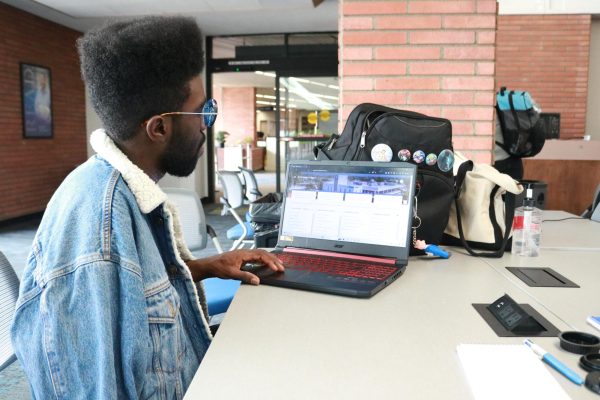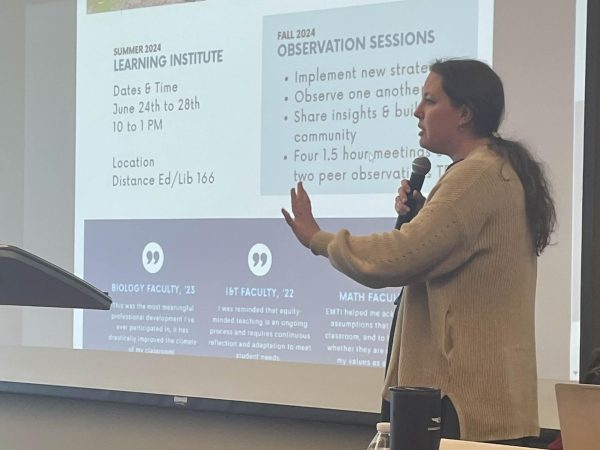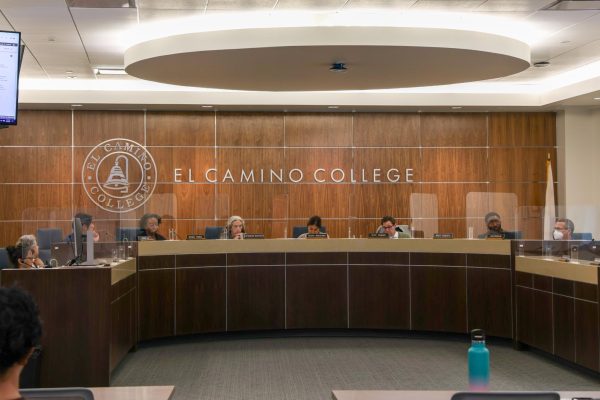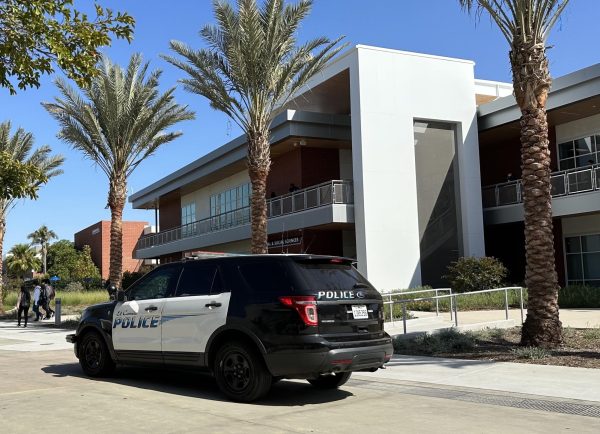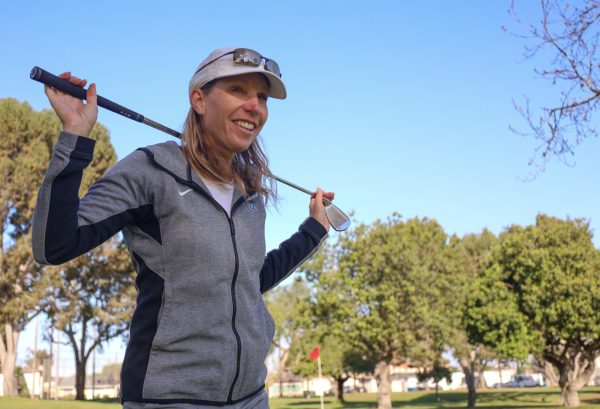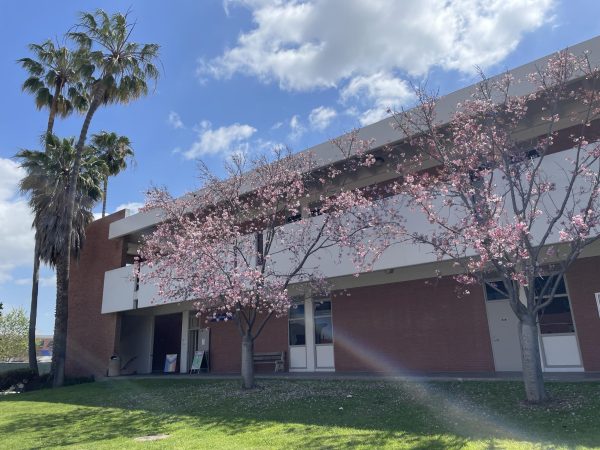'Understanding Depression' workshop free for students
Sitting for a 50 minute workshop in the Health Center may change the lives of students who suffer from or know someone suffering from depression.
The “Understanding Depression” workshop is free for students and will take place at noon on Nov. 15 in the Health Center.
It plans to help educate students about how to identify the symptoms of depression, as well as providing information on treatment resources.
“Some of the stressors that cause depression among students are the financial pressures they’re under, peer pressures, their family issues, academic problems and relationship issues,” Tom Hicks, professor of health sciences, said.
The workshop was started 10 years ago as an educational tool to help target these issues, Ruth Taylor, clinical psychologist at the Health Center, said.
As leader of the workshop, Taylor asks students to fill out depression inventory sheets to help self-diagnose whether they may be suffering from depression.
“They can take their answers and scale them against the responses of a person who has been diagnosed as clinically depressed,” Taylor said.
Once students have identified their risk for depression, Taylor, who is one of two counselors available in the Health Center on Monday through Thursday, said she discusses the causes of depression and what treatments are available to students.
“We help set individual, one-on-one counseling appointments,” she said. “Students are eligible to receive six free sessions per fall or spring semester.”
Some students, like Nathaniel Cole, 21, political science major, who has used the Health Center for basic physical care but was unaware of the workshop, said that a greater number of students should be informed about the counseling.
“I think it would be very educational and helpful to the people who need it, if only they knew about it,” Cole said.
Hicks said he informs all the students of his contemporary health classes that emotional care is available on campus.
“You guys are paying a health fee and you get services for that,” Hicks said. “I don’t think a lot of students really know that.”
Hicks said that while suicide, often caused by depression, is one of the three leading causes of death among college students, he will encourage the use of any resource made available to students to help them deal with the pressures of their lives.
“If we run a workshop and help two students, that’s two students that might have gone in the wrong direction,” Hicks said. “And if you can do enough of that and eventually help hundreds, if not thousands, of students, then it’s worth doing.”


